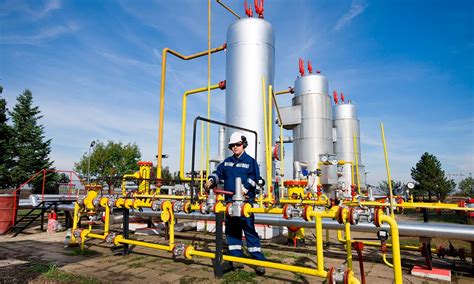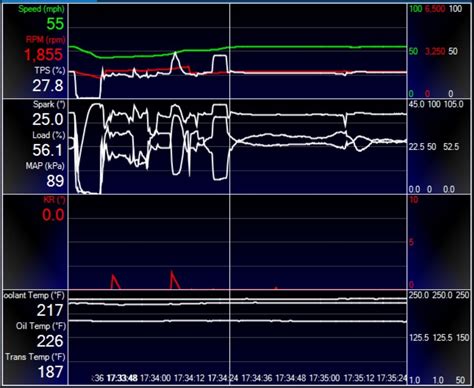Decoding the Fuel Pump: Premium vs. Regular
The choice between premium and regular gasoline at the pump often sparks debate among car owners. Many believe that opting for the more expensive, higher-octane fuel automatically leads to better performance, improved fuel economy, or a cleaner engine. But is there truth to this common perception, or are you simply paying more for a benefit your car doesn’t truly need?
Understanding the fundamental differences between these fuel types, particularly their octane ratings, is key to making an informed decision that benefits your vehicle without unnecessary expense.
Understanding Octane Ratings
The primary difference between premium and regular gasoline is its octane rating. Octane isn’t a measure of energy content or purity; rather, it indicates a fuel’s resistance to ‘knock’ or pre-ignition. Engine knock occurs when the fuel-air mixture in a cylinder ignites spontaneously before the spark plug fires, leading to a knocking sound and potential engine damage over time.
Regular gasoline typically has an octane rating of 87 (in the U.S.), while premium gasoline usually ranges from 91 to 93 octane. Higher octane numbers mean greater resistance to pre-ignition.

The Purpose of Premium Fuel
Premium fuel is specifically designed for engines with higher compression ratios or forced induction (turbochargers, superchargers). These engine designs inherently create more heat and pressure within the combustion chambers, making them more susceptible to engine knock.
For such engines, using the manufacturer-recommended premium fuel is crucial. It allows the engine to operate at its designed performance parameters, preventing knock and ensuring longevity. Without it, the engine’s computer might retard timing or reduce boost to prevent damage, leading to a noticeable drop in performance and efficiency.

What About Regular Fuel?
The vast majority of modern vehicles are designed to run perfectly fine on regular 87-octane gasoline. Their engines are engineered with lower compression ratios or employ sophisticated knock sensors that can detect the onset of pre-ignition and automatically adjust engine timing to compensate. This adaptability means that for these cars, using premium fuel offers no tangible benefit.
If your car’s owner’s manual specifies ‘regular’ fuel, then that is the fuel type optimized for your engine’s design, performance, and fuel economy. Deviating from this recommendation by using premium fuel is often a waste of money.

Does Your Car *Need* Premium?
The definitive answer to whether your car needs premium fuel lies in your vehicle’s owner’s manual. Manufacturers spend millions designing and testing engines to run on a specific octane level. If your manual states ‘premium fuel required’ or ‘premium fuel recommended,’ then you should follow that guidance.
If it states ‘regular fuel only’ or simply mentions 87 octane, then using anything higher is unlikely to yield any performance or efficiency gains. Modern engine control units (ECUs) are too smart to let you gain extra power from a fuel they aren’t designed to utilize fully.

The Myth of “Cleaning” or “Boosting Performance”
A common misconception is that premium fuel contains more detergents or special additives that clean your engine or significantly boost horsepower in any car. While all grades of gasoline contain detergents to help prevent fuel system deposits, the concentration doesn’t necessarily differ significantly based on octane rating. Furthermore, unless your engine is specifically tuned for higher octane, it cannot extract additional horsepower or efficiency from it.
Any perceived performance boost in a car designed for regular fuel is often purely psychological or due to other factors, not the fuel itself.

Conclusion: Fuel Smart, Not Just Expensive
In conclusion, the debate of premium vs. regular fuel boils down to your car’s specific engineering. For the vast majority of vehicles on the road today, regular gasoline is not only sufficient but also the most cost-effective choice. Unless your owner’s manual explicitly states that premium fuel is required or recommended, you’re better off sticking to regular 87 octane.
Saving money at the pump without compromising your engine’s health is a win-win, allowing you to allocate those extra dollars to other essential car maintenance needs.




